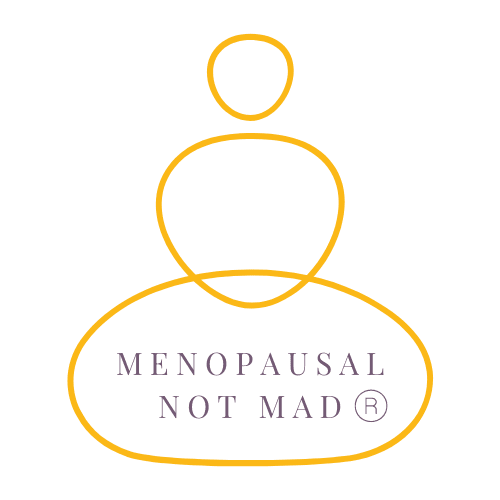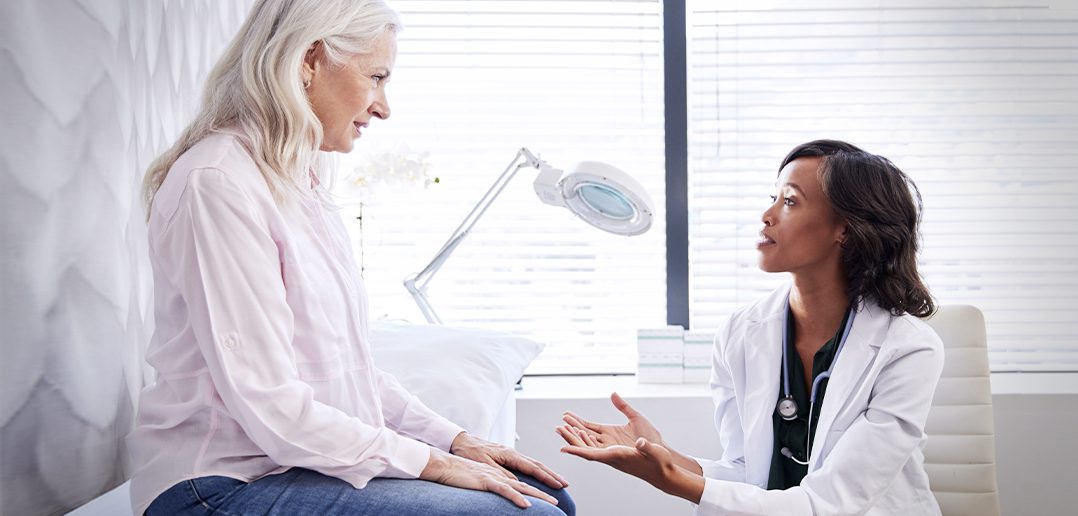Will HRT make me put on weight?
Here are my thoughts on weight gain during menopause plus a bit on HRT.
I don’t like to cover weight in any detail as it becomes a very different conversation and takes us away from the message of facts and positivity about HRT, and focuses instead on swapping diet tips! but I will address this as it’s coming up a lot (summer bikinis beckon!)
You’ll notice that most of this blog is about how menopause affects weight rather than how HRT affects weight.
This is simply because HRT is not shown to be the cause of weight gain but as always it is all about balance.
I can use myself as an example in this case..
I have been on HRT tablets, patches and now gel for many years and have never put on weight due to the HRT.
I am prone to putting on weight so it is not my amazing genes that keeps the weight off!
However, I have put on weight since last year purely due to my own lack of exercise and less than ideal nutrition due to long working hours (Yes I know! no excuse!)
Studies don’t evidence a link between menopause and weight gain but I know there are many menopause related reasons why we can put on weight purely down to menopause.
So many of us still view ourselves as being ‘hit by’ menopause or ‘getting through’ menopause which is already making it a negative term.
Personally I view the fact that we live long enough to experience peri and post menopause, to be a huge positive!
However; during peri and post menopause, we may move less, as our joints become a bit stiffer, which means we burn less energy.
The change in hormones also gives us the bladder and vaginal challenges you may already know about, including urgency and loss of control which can put some women off exercising.
If you’re over 40 (rather than a younger women with premature ovarian failure or menopausal due to surgery in your younger years), your body needs less energy than when you were younger but we often carry on eating the same.
Studies show that we may need around 200 kcals less each day than we did in the past…and it’s very easy to eat 200 kcals without noticing it.
We also lose muscle at around 8% every 10 years after 40 years of age. Muscle is more metabolically active, which means it burns more energy; helping us to lose weight even when we are sitting.
Less muscle = fewer calories burned = more weight gain.
There is some evidence that lower levels of ‘fat-burning’ brown fat may contribute to the middle-age spread too.
This is an area being heavily researched at the moment.
Changing hormones around menopause can also affect the way we store fat (around the middle rather than on the hips) ……where men traditionally store their fat.
Fat around the middle is more likely to be associated with heart disease, diabetes, liver disease so is worth avoiding if you can.
What to do?
Eat smaller portions: you need less food than you used to.
Make sure each portion is full of nutritious food that will protect your health as well as help your weight.
Menopause carries an increased risk of heart disease so choose fresh fruit and veg, oily fish, nuts, whole grains and white meat over red to reduce your risk.
Reduce the intake of sugar and processed foods (enemies of weight-loss and more likely to increase abdominal fat)
Stay active. Studies show that exercise (especially in the cold!) increases our fat-burning friends; muscle and brown fat.
The more we exercise the more we strengthen our muscles, bones and increase our nerve-related protection around our joints which protect us from the risk of hip and other fractures.
Address those areas that are causing you anxiety and stress. Cortisol (the stress hormone), encourages abdominal fat stores.
And the big one…HRT
HRT isn’t known to cause weight gain.
It may actually prevent that abdominal fat building up.
Try to relax about your HRT and remember that it’s in place to help you if you can let it do it’s job.
Jane Pangbourne is an HRT Educator, accredited nutritionist and Founder of the menopause support service; Menopausal Not Mad
When you need more help with your hormones, your symptoms, or your HRT choice, you can book a consultation via the services page HERE





